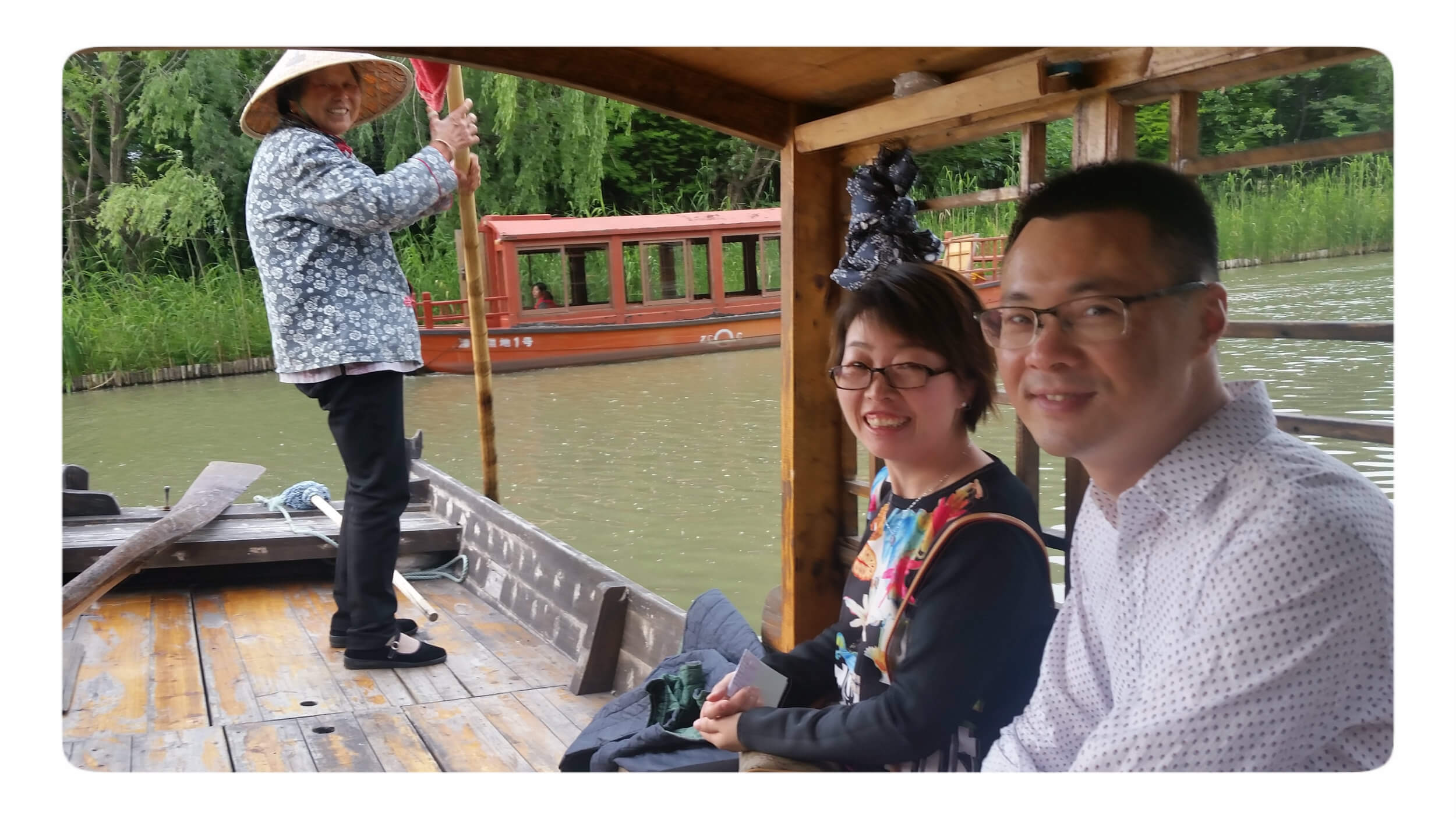Guanxi - the original social network
Published by The Global Display Solution on August 30, 2016, 3:51 am
here is a lot of pressure and expectation to expand digital social networks in today’s workplace. Millions of us check out co-workers on LinkedIn and Facebook and search for work-related updates and information on Twitter and YouTube. We rush to add contacts we’ve not personally met to our networks and share links, content, and professional milestones. This booming digital arena certainly has its benefits: it’s quick, convenient, and universally accessible.
Still, despite the explosive growth of networking on social media web sites, they cannot replace face-to-face interactions in building professional relationships. Personal interactions offer a host of real unique advantages that no gizmo, no matter how snappy, can replace.
I was thinking about this idea recently after returning from a business trip to China, where I spent a great deal of time meeting with a colleague from the early days of my company, who is now a trusted business partner. I met Jane about a decade ago when she was working with a Shanghai-based POP/Display supplier. I asked them to bid on various projects and Jane was my contact person.
The relationship with the company was good, but often, the bids I got back were not competitive and Jane knew this. We discussed it and I encouraged her to go out on her own. Six months later, she announced she was striking out on her own. Her interpersonal skills, solid work-ethic, and wealth of industry knowledge set her apart and I began to see her as an increasingly important contact. While she worked hard to get her company off the ground, she would hustle to find vendors, solutions and ideas for a variety of joint projects. I started calling her "the fixer."

I travel to China twice a year and the visits with Jane are an invaluable part of these trips. She provides an introduction to the vendors we are working on projects with, and I gain a better understanding of their operations. We talk about improving production processes and resolving quality issue as well as new projects on the horizon. Plus, she is the consummate Chinese host, making all the in-country arrangements for me, turning meals into banquets and giving me traditional gifts to bring back to my family and colleagues.
The dynamic cultural nature of this professional relationship also underscores the Chinese concept of “guanxi,” which means “relation,” or “connections.” For millennia, China has lacked a strong rule of law and so its people developed another means of ensuring trust amongst themselves in personal and business matters. By building trust with fellow villagers -- and later corporate colleagues -- people are able to construct a network of others who can help them navigate their future. Guangxi, which is part of the social fabric in China, relies on the importance of “saving face,” (keeping a good reputation), and because of this, Chinese people will usually not take advantage of a person with whom they have guanxi because they would risk losing face with others in the same network.
Unlike a social network, though, guanxi refers to something deeper, like the strength of the relationship you have with a particular person. Having good guanxi with someone means you can get things done together, have a history of doing favors for each other, and there is trust between you. I trust and depend on Jane, the local vendors Jane finds for our projects trust her, and in turn she trusts me to treat her as well as her contacts professionally and fairly. So by respecting these relationships, we all prosper.
Still, things don't always proceed smoothly in the corporate world, and in these instances, it is even more critical to have guanxi to make sure the business relationship remains intact. Jane, for example, still has a good relationship with the initial company she worked for before going out on her own, and she expertly handles disappointing developments in a way that all parties can "save face," which is remarkable.
It is imperative to stay on top of tech trends, but in the rush to embrace those, we shouldn’t forget time-honored traditions. The trust and momentum behind strong business relationships is usually built from sharing a real, physical presence – and that’s something even the most dynamic online conversations can’t provide. No amount of emoji can replace a hearty handshake, and the positive energy of face-to-face, shared experiences, values, and interests just can’t be beat.
Social media might be able to introduce you to certain number of people, but I believe that if you want to build long-lasting alliances and grow your referral network, you need to know and believe in the other person and develop good guanxi along the way.
